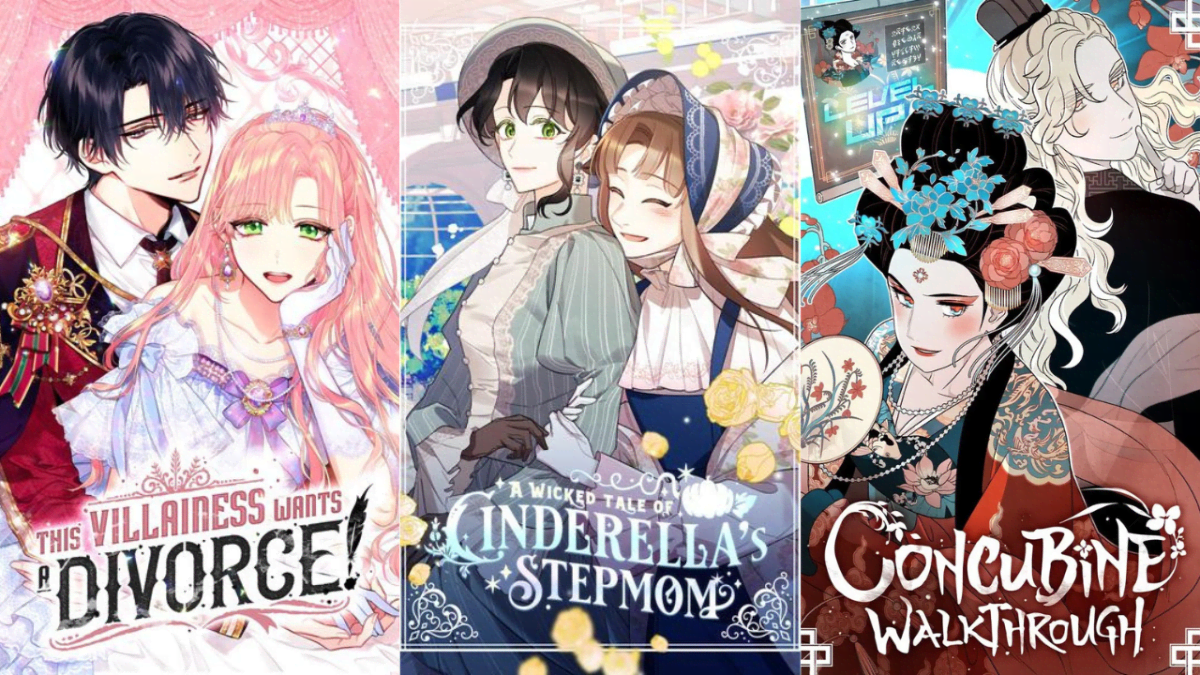Introduction of Manhwa
Manhwa, might sound unfamiliar to some, refers to South Korean comics. Often compared to Japanese manga and Chinese manhua, manhwa has its own distinct style and cultural significance. This guide aims to delve deep into what manhwa is, its history, stylistic features, and where enthusiasts can read them online.

- Definition of Manhwa
- What is Manhwa?
- Differences Between Manhwa, Manga, and Manhua
- History of Manhwa
- Early Beginnings
- Evolution Through the 20th Century
- The Digital Age and Webtoons
- Stylistic Features of Manhwa
- Artistic Style
- Reading Direction
- Common Themes and Genres
- Cultural Impact of Manhwa
- Influence on South Korean Culture
- Global Popularity and Influence
- Adaptations into Other Media
- How to Read Manhwa
- Traditional Print Manhwa
- Digital Platforms and Webtoons
- Legal Considerations and Piracy
- Recommended Websites for Reading Manhwa
- Official Platforms
- Popular Webtoon Apps
- Community and Fan Sites
What is Manhwa?
Manhwa (만화) refers to South Korean comics and graphic novels. While it shares similarities with Japanese manga and Chinese manhua, manhwa stands out due to its unique artistic style and storytelling methods. The term itself is derived from the Chinese characters for “impromptu sketches.”

Solo Leveling, one of the most famous manhwa in the world.
Differences Between Manhwa, Manga, and Manhua
Manhwa, manga, and manhua are all forms of comics originating from different East Asian countries:
- Manhwa: South Korea, characterized by vertical reading and often full-color pages.
- Manga: Japan, usually read from right to left, typically in black and white.
- Manhua: China, read from left to right, with a style that blends traditional Chinese art with modern comic techniques.
History of Manhwa
Early Beginnings
Manhwa’s roots can be traced back to the early 20th century, influenced by Japanese and Western comics. The earliest forms were simple, often political cartoons published in newspapers.
Evolution Through the 20th Century
Post-Korean War, manhwa evolved, reflecting the social and political changes in South Korea. The 1960s and 1970s saw a rise in popular manhwa series, often serialized in newspapers and magazines. This period also marked the beginning of genres tailored for different age groups, from children to adults.
The Digital Age and Webtoons
The advent of the internet revolutionized manhwa, leading to the creation of webtoons—digital manhwa optimized for online reading. Webtoons are designed for scrolling vertically, making them easily accessible on smartphones and computers. Platforms like Naver Webtoon and KakaoPage played a significant role in this transformation.
Stylistic Features of Manhwa
Artistic Style
Manhwa is known for its vibrant art style, often fully colored compared to the black-and-white format of manga. Characters typically have more realistic proportions and detailed backgrounds.
Reading Direction
Unlike manga, which is read from right to left, manhwa is read from left to right. This format makes it more accessible to Western readers who are accustomed to this reading direction.
Common Themes and Genres
Manhwa covers a broad spectrum of genres, from romance and action to fantasy and horror. Popular themes include:
- Romance: Often set in school or workplace settings, focusing on relationships and emotional development.
- Fantasy and Sci-Fi: Featuring mythical creatures, futuristic settings, and complex world-building.
- Action and Adventure: High-paced plots with strong, dynamic characters.
Cultural Impact of Manhwa
Influence on South Korean Culture
Manhwa has significantly impacted South Korean pop culture, influencing fashion, language, and even social norms. Iconic characters and stories from manhwa have become cultural references.
Global Popularity and Influence
Manhwa’s popularity has surged globally, partly due to the success of Korean dramas (K-dramas) and K-pop. Many webtoons have been adapted into popular TV series and films, further boosting their international appeal.
Adaptations into Other Media
Successful manhwa often get adapted into various forms, including animated series (anime), live-action dramas, and even video games. These adaptations help introduce manhwa to a broader audience.
How to Read Manhwa
Traditional Print Manhwa
Despite the rise of digital platforms, print manhwa remains popular. Many manhwa series are still published in physical volumes, available in bookstores and libraries.
Digital Platforms and Webtoons
Webtoons are the most popular way to read manhwa today. Major platforms include:
- Daycomics.me: Offers a vast library of webtoons across different genres.
- KakaoPage: Another leading platform providing access to numerous popular titles.
Legal Considerations and Piracy
While many websites offer free access to manhwa, it’s crucial to use legal platforms to support the creators. Piracy remains a significant issue, affecting the revenue and sustainability of the manhwa industry.
Recommended Websites for Reading Manhwa
Official Platforms
- Daycomics.me : One of the largest webtoon platforms globally, available in multiple languages.
- KakaoPage: Known for its extensive collection of webtoons and novels.
- Lezhin Comics: Offers premium content with a wide range of genres.
Popular Webtoon Apps
- LINE Webtoon: The international version of Naver Webtoon, available as an app.
- Tappytoon: Features licensed content and exclusive series.
- Webcomics: A global platform with a diverse collection of webtoons.
Community and Fan Sites
While official platforms are recommended, fan sites and communities like Reddit’s r/manhwa provide discussion forums and recommendations for readers looking to explore more titles.
Conclusion
Manhwa, with its rich history and diverse genres, offers something for every reader. Whether through traditional print or modern digital platforms, the world of manhwa continues to expand, captivating audiences worldwide. By supporting legal platforms, readers can ensure that their favorite stories and creators continue to thrive.
